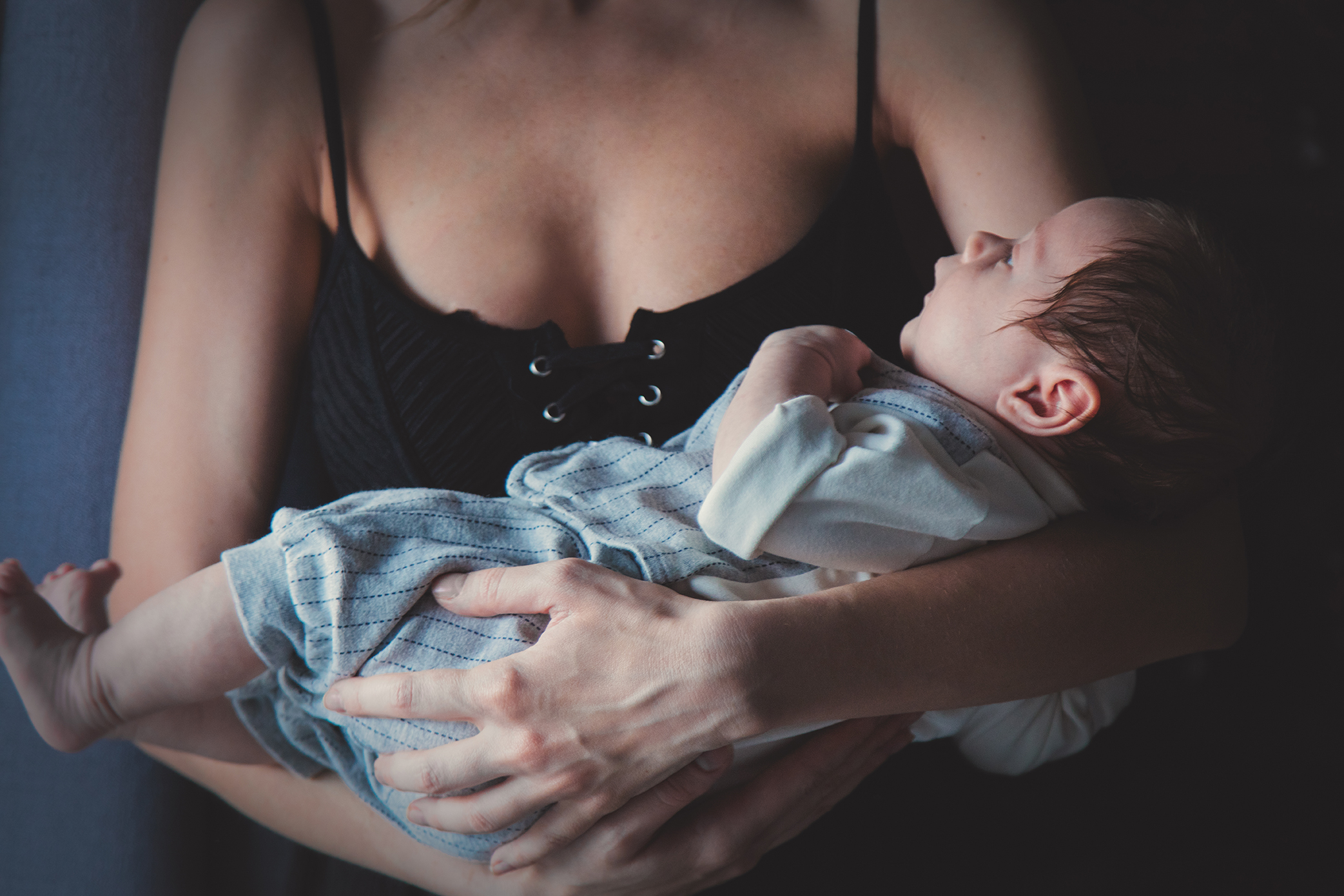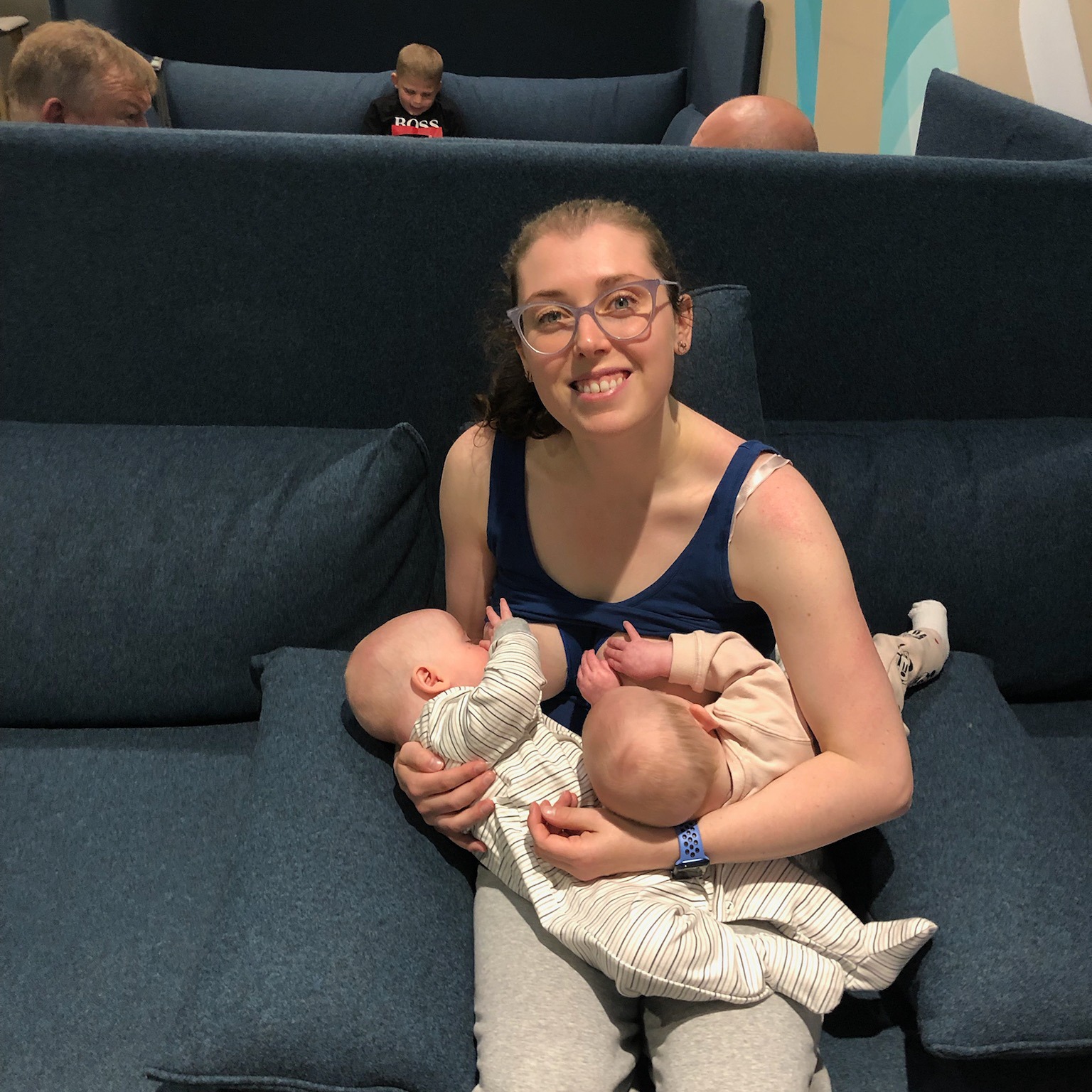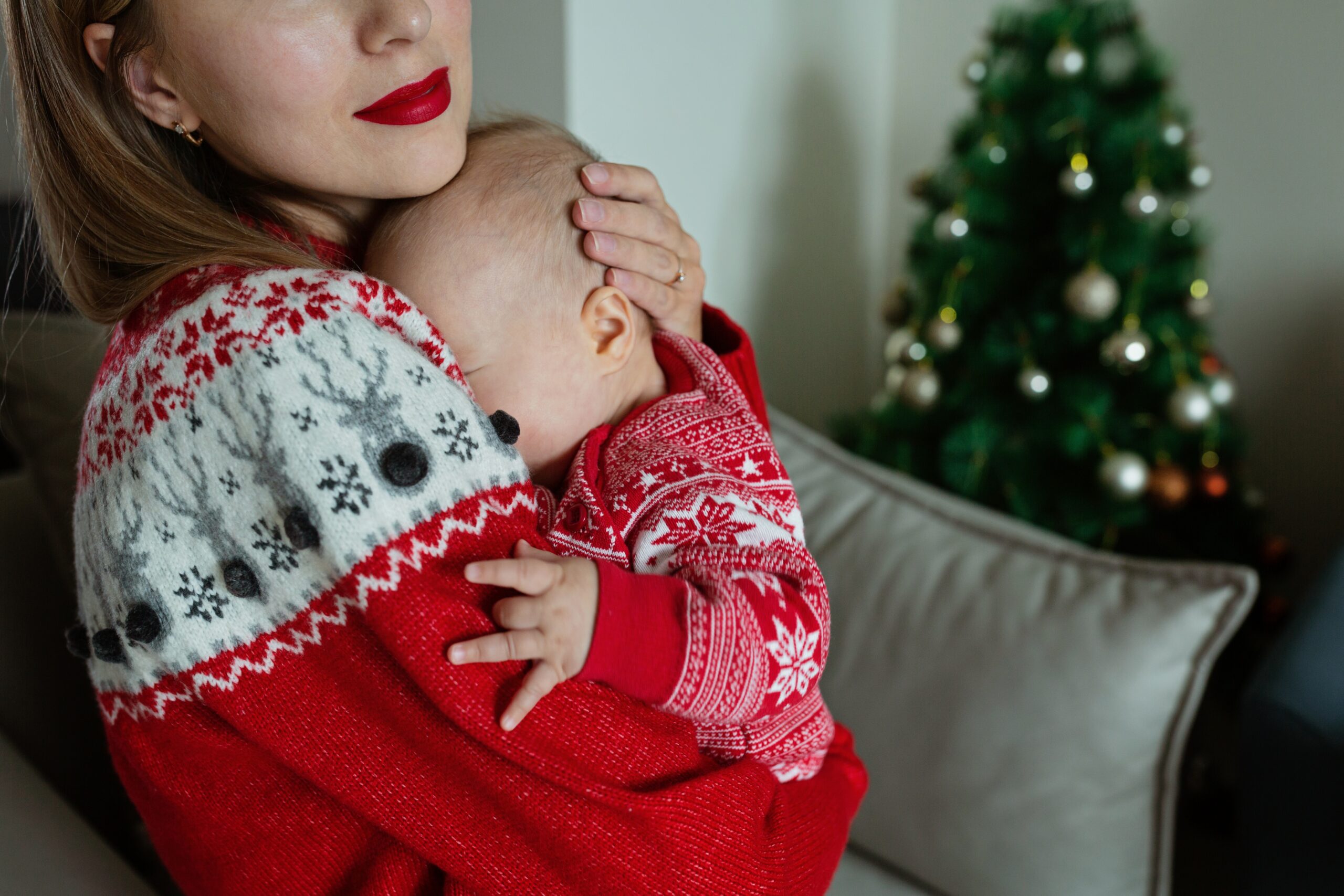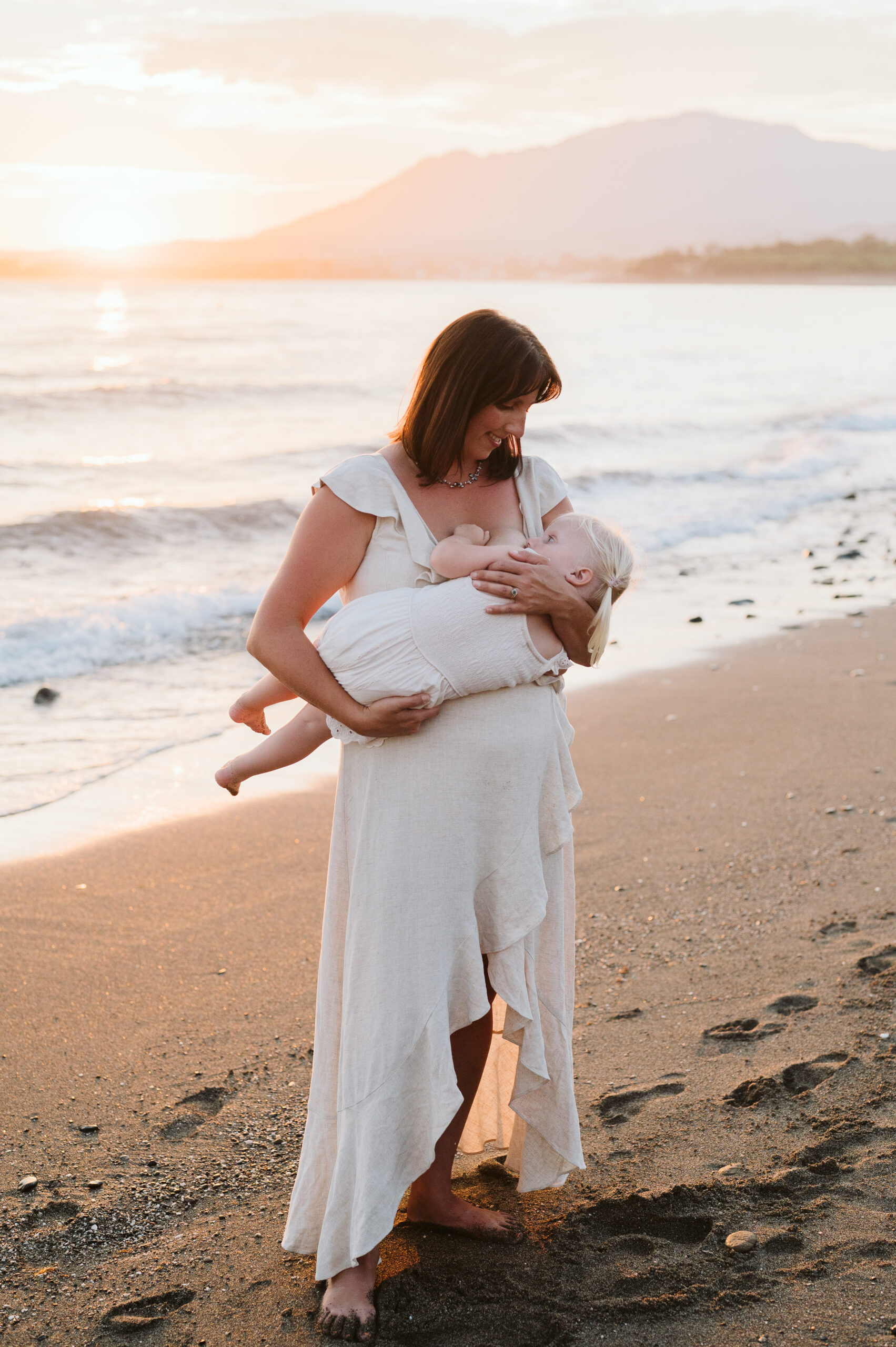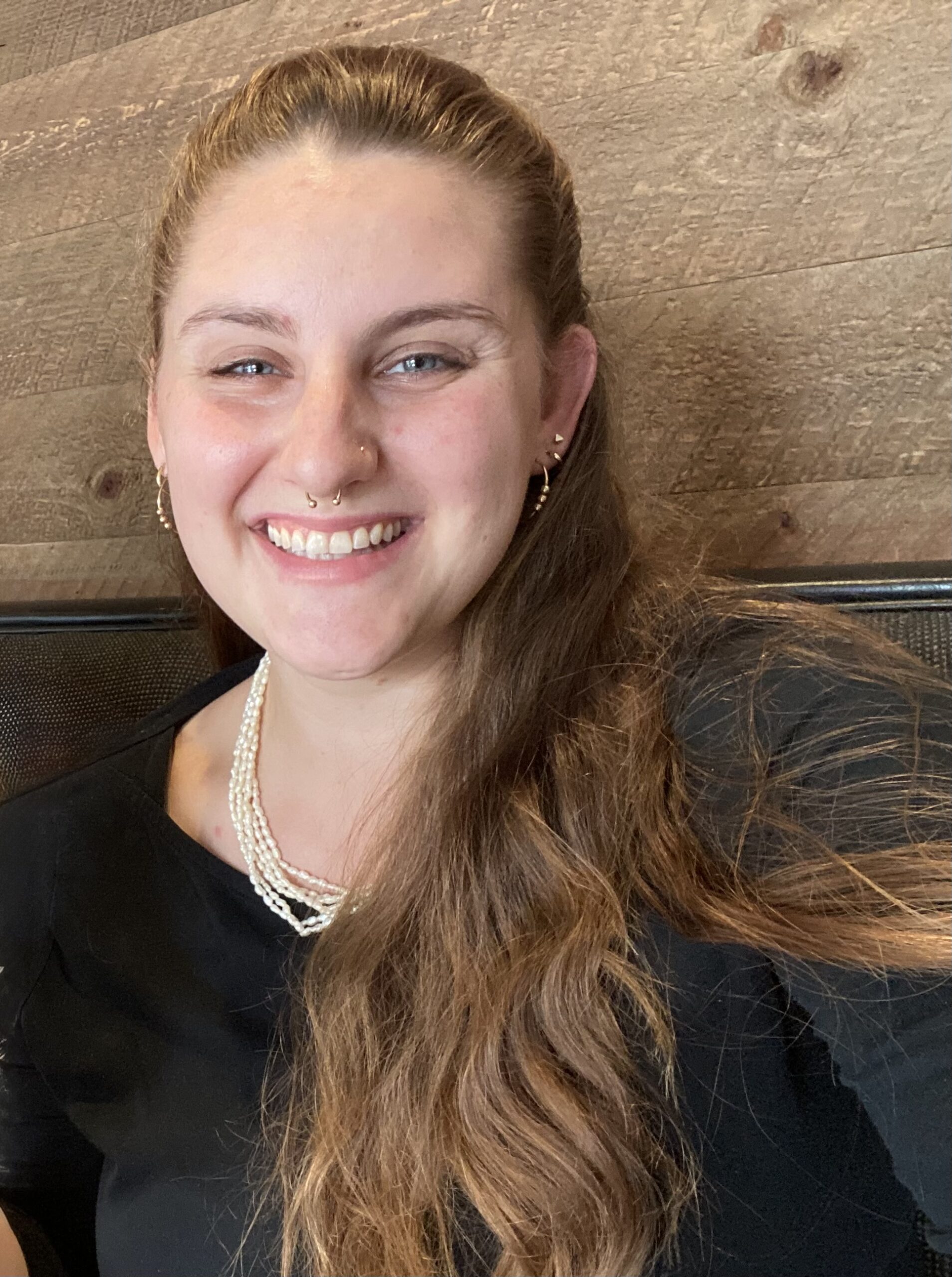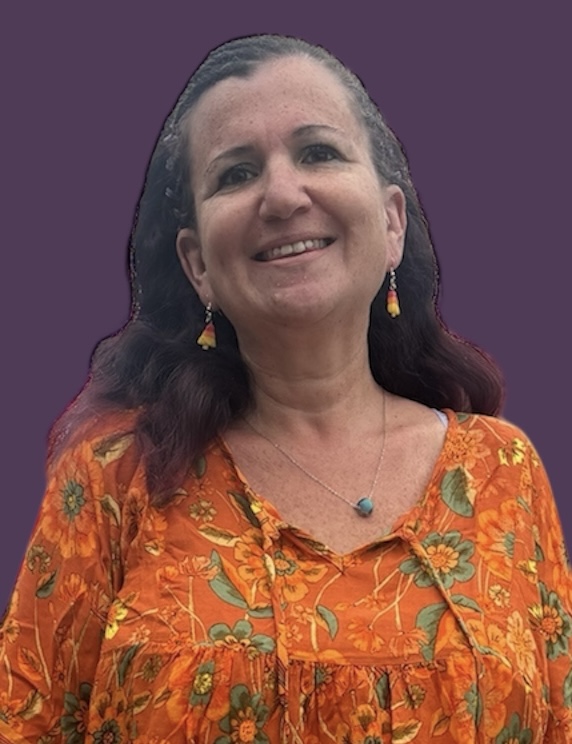Every October we’re inundated with pink. We are told to buy pink, wear pink, eat pink and donate pink–all in the name of breast cancer awareness. But with all the talk about breast cancer every October, there’s very little conversation about how breastfeeding actually helps lower the risk of breast cancer.
Female breast cancer is the most commonly diagnosed cancer and a leading cause of death from cancer among U.S. women. Yet the body of evidence connecting breastfeeding with a reduced risk of breast cancer is growing and increasingly irrefutable.
Breastfeeding mothers reduce their relative risk of breast cancer by 4.3 percent for every 12 months they breastfeed. Another study found that breastfeeding could prevent an extra 20,000 deaths from breast cancer every year.
Breastfeeding mothers reduce their relative risk of breast cancer by 4.3 percent for every 12 months they breastfeed.
This connection is even more critical for groups of women with high rates of breast cancer mortality and low rates of breastfeeding–such as black women. Black women in the U.S. have lower rates of breastfeeding and nearly twice the rates of triple-negative breast cancer (the most aggressive type) compared with white women. Breast cancer is the second-leading cause of cancer death in African-American women, who are 41% more likely than white women to die of the disease.
Meanwhile, the literature linking breastfeeding to reduced breast cancer risk is growing. A 2002 landmark study that pooled approximately 50,000 breast cancer cases from 47 epidemiologic studies in 30 countries found that the relative risk for breast cancer in parous women is reduced by 4.3% for every 12 months a woman breastfeeds and is reduced by 7% for each birth independently.
Yet, a new study published in Breastfeeding Medicine found that 16 percent–or fewer than one in five women surveyed–said their doctors had told them breastfeeding has health benefits to mothers and babies. (Read the NY Times article on the study)
According to the survey, while 60 percent of white women surveyed knew breastfeeding could reduce their breast cancer risk, only 47 percent of African American women knew.
So why aren’t we talking more about breastfeeding during breast cancer awareness month? The problem is rooted in the framing of breastfeeding in the U.S. When breastfeeding is framed as a “choice” it prevents us from talking about what it really is–preventative medicine for babies and mothers. Breastfeeding has proven health benefits for mothers, including a reduced risk for endometrial and ovarian cancers and reduced risk for chronic conditions that are also risk factors for cancer, such as hypertension and diabetes. The health benefits to infants include reduced incidences of diarrhea, ear infections and lower respiratory infections and a lower risk of sudden infant death, diabetes, asthma and childhood obesity.
Breastfeeding has proven health benefits for mothers, including a reduced risk for endometrial and ovarian cancers
But when we are caught up in a “choice” dialogue, as if breastfeeding is a lifestyle option akin to going vegan or using cloth diapers, then we miss the critical conversation about how these “choices” impact our health outcomes. The framing of choice silences us, because anything personal should not be discussed. It leads us into emotional places about so-called “guilt” and “shame” instead of having productive, fact-based conversations on the known health benefits and risks. Telling me the facts about smoking or health risks of not wearing a seat belt is not to make me feel guilty, it is to make me aware. Nobody should be made to feel guilty about not breastfeeding, especially when it is so damn hard to do for any meaningful period in this country, but the discourse has deteriorated to the level where anytime someone mentions the very real health benefits of breastfeeding versus formula feeding they are blindly accused of shaming.
This literally has life or death consequences for some women–particularly black women. And serious health implications for all women.
Perhaps the breast cancer folks are aware of the emotional quagmire of breastfeeding and prefer to avoid it all together, opting to push for mammograms and self-exams instead. Even worse, much of “buy pink” product promotion comes from the dairy industry, which has a vested financial interest in formula sales.

In our country, there are various medical specialties for a diseased breast– we are in the middle of a national awareness month to prevent and cure the diseased breast–but physicians are woefully under educated about a functioning healthy breast. There is no physician dedicated to the functioning of a healthy breast. Physicians receive very little training in lactation management in medical school. How ironic, that the thing that could help women prevent future disease in their breasts is one of the least taught fields of medicine.
There is no physician dedicated to the functioning of a healthy breast. Physicians receive very little training in lactation management in medical school.
So to breast cancer researchers and advocates, if you really care about breast cancer PREVENTION, not just marketing promotion and attracting research dollars, then you must talk about breastfeeding. Often. And loud for the people in the back. And directly and explicitly to the black community.(Also, I’ll be reaching out for your support for Black Breastfeeding Week too!)
To do anything less in the face of the scientific evidence is unethical and unconscionable.
WARNING: The following is a brief sampling of the growing body of research concerning breastfeeding reducing the risk of breast cancer. If you confuse Fact-ing with Shaming, then please do not trigger yourself by continuing to read. Thank you.
- “Breastfeeding is of particular interest for breast cancer prevention because it is a modifiable risk factor. Breastfeeding not only reduces breast cancer risk but also confers other health benefits to the mother including reduced risk for endometrial and ovarian cancers8 and reduced risk for chronic conditions that are also risk factors for cancer, such as hypertension and diabetes.9,10 Additionally, breastfeeding provides many benefits to the infant, including fewer episodes of diarrhea, ear infections, and lower respiratory infections and a lower risk of sudden infant death, diabetes, asthma, and childhood obesity” —Breastfeeding and Breast Cancer Risk Reduction: Implications for Black Mothers, Am J Prev Med. 2017 Sep; 53(3 Suppl 1): S40–S46.
- “Similarly, a 2013 review of 32 studies concluded that the risk of having breast cancer was 14% lower among parous women who had ever breastfed compared with parous women who never breastfed. The protective effect of breastfeeding persisted regardless of the number of births and was even greater for women who had cumulatively breastfed for 12 months or longer; they had a 28% lower risk of breast cancer.13 Victora and colleagues14estimated that existing global breastfeeding rates prevent almost 20,000 annual deaths from breast cancer and that an additional 20,000 could be prevented by increasing breastfeeding duration to 12 months per child in high-income countries such as the U.S. and to 2 years per child in low- and middle-income countries.” https://www.ncbi.nlm.nih.gov/pmc/articles/PMC6069526/
- In 2014, a study led by Christine Ambrosone, PhD, Senior Vice President of Population Sciences at Roswell Park Comprehensive Cancer Center, revealed a way to lower the higher mortality rates among African-American women, who are more likely to be diagnosed with a more aggressive form of breast cancer.Now she and her colleagues are working to get the word out to African-American women who are expecting: Protect yourself by breastfeeding your babies.
There are different types of breast cancer, according to whether or not they express the estrogen receptor (ER). In ER-positive breast cancer, estrogen — a hormone — encourages the cancer cells to grow. Having children tends to lower the risk of ER-positive breast cancer — the type that’s more common in white women. But having children also increases the risk of ER-negative breast cancer — the more aggressive type that more often found in black women.
However, reviewing their own research, as well as research from other institutions, Ambrosone and her team discovered something astonishing: African-American women who breastfed their babies did not have an increased risk of ER-negative breast cancer.
“I was amazed by those findings,” says Dr. Ambrosone. “I thought, Why isn’t this on the front page? This is so important. If the risk of aggressive breast cancer increases a lot by having kids but goes away if you breastfeed, everybody needs to know that.” Read the full article.
This article was first published on kimberlysealsallers.com. You can read the original article in full here.








